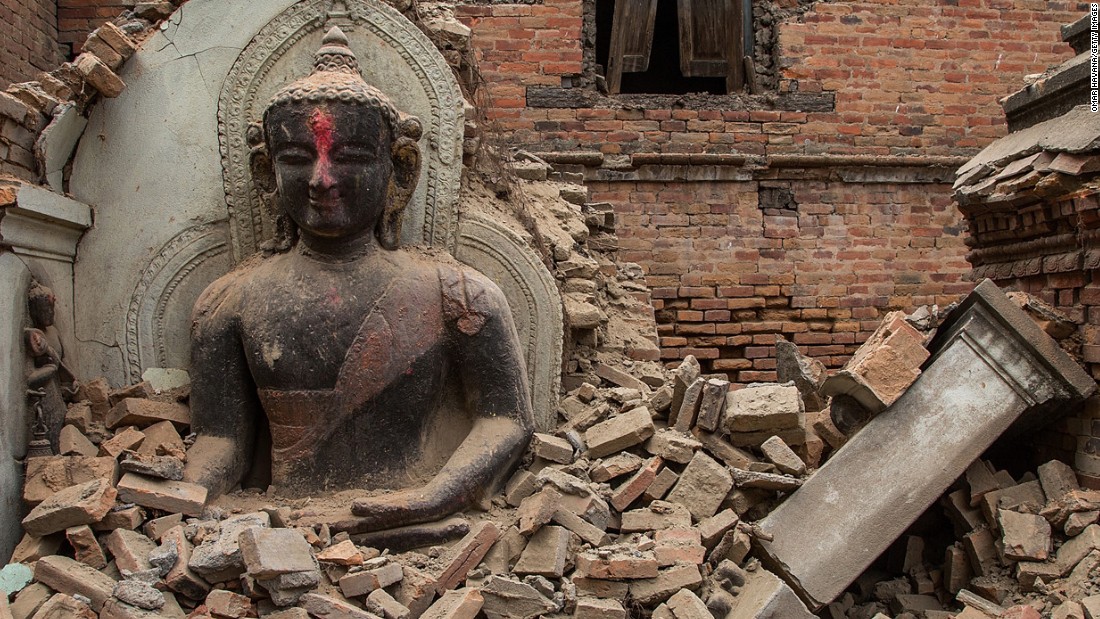DU Beat got an opportunity to talk to DU alumnus Prateek Ghosal, who is pursuing MSc. Finance and Economics from the reputed London School of Economics. An Economics graduate from Kirori Mal College, he talks about his experience and the rewards of studying abroad.
Q-1. What apprehensions did you face when you decided to move away from home and to a different country? In your opinion, what should an Indian student keep in mind before deciding to undertake a course abroad?
Personally, I did not have a lot of apprehensions about studying in the UK. I more or less knew what to expect and it hasn’t been much different.
What I would advise students deciding to undertake a course abroad is that they have to be very particular about their interests and take up a course and an institute that is in sync with their ambitions. Everyone has to make a big investment – the tuition fees can be abnormally high but I believe the return on the investment both in terms of monetary value/career prospects and in terms of personal development (maturity, independence) is certainly high. The courses can be particularly challenging as you’re competing against the best students from around the world but the learning curve is extremely steep. At the end of it, it is up to you how you utilize your time abroad because there is a world of opportunities to exploit but you have to be focused and brave enough to take them up!
Q-2. How is the education system in UK different from that in India (DU specifically)?
This is a highly debatable question – there are quite a few things that are different in the education systems. Something that I particularly found impressive about LSE’s system was that the exam questions always make you think. There is never a strict pattern you can learn and apply in your questions. In DU, I sort of knew what to expect and I could apply a set methodology. Examinations here always make you think and use your concepts in different ways to ensure that you’ve thoroughly understood the material – there are hardly any direct questions. In the end, you are forced to thoroughly learn the material and understand the core concepts. Students usually score less marks, but you get a merit with 60% so it’s all relative. Another thing that I think DU really misses is ‘practicality’ and ‘industry applications’. Most of my subjects have industry speakers coming in and explaining how they use the methods being taught to us in the real world. I’ve had bankers and economists explain how they use different models and then academicians explaining their research content and debating ideologies. It is always good to know how marketable the tools we learn are – whether in the corporate world or the world of academia.
Q-3. How would you say your degree at LSE compares to similar degrees in other institutes in terms of syllabus/ subject content and future prospects?
It was hard to decide initially. I had the opportunity to do my Masters in Economics at Delhi School of Economics which is especially renowned in the country but I was a bit more inclined towards finance specifically and there weren’t a lot of options in India. I think the opportunity of studying in the heart of London – one of the major financial hubs of the world and at LSE – a globally renowned institution was something that I could not let go of. My specific course is quite unique in the sense that it is jointly run by two of LSE’s strongest departments – Economics and Finance, giving me the best of the two worlds. The course content is in sync with my interests in being very quantitative and analytical. I have always loved challenges, but I think my entire class agrees that this particular course has been the hardest thing we’ve ever done. With regard to alternative universities, there aren’t a lot of institutions that offer an MSc Finance and Economics program and LSE’s particular program is especially reputed even for students wishing to do a PHD in Finance/Economics – a big share of the class go on to complete their PHD’s from top Ivy League colleges. Job prospects in the UK can be hard for international students because of UK’s strict work visa regulations but some do manage to get jobs. Otherwise, statistics show that the highest number of Investment Bankers in Europe are from the LSE so there are clearly opportunities to exploit.
Q-4. One often hears about how international and diverse LSE is. Is it true? If settling in and feeling at home is the easy part at LSE, what is the hardest?
Yes, it is indeed true that LSE is very diverse and multi-cultural. In fact, I find London the same – a typical bus journey from my accommodation to LSE involves listening to people speak in at least 4-5 different languages everyday! Personally for me, the hardest part has been getting used to the rigorous work culture – not only in terms of academic work but also applying for jobs and at the same time maintaining your livelihood (DU was so much more ‘chill’). On top of that, coming back home after a hard day’s work and not having some delicious home-cooked food to cheer you up is something that I really missed initially. But with time, I think you get used to the work ethic and develop your own independent lifestyle, which is very enriching in it self.
Q-5. What is a typical day at campus like?
Personally for me, the LSE experience revolves around the ‘Work hard, Play hard’ culture which is exactly what I’ve always wanted. A typical day involves alternating between classes and the library, but once you’re done with the work (once in a while), there is a world of recreational activities that you can enjoy. LSE probably has a specific society to satiate everyone’s specific interests. From ‘wine-tasting’ to ‘Bollywood nights’ – you can explore infinite different things to do. I’ve personally joined the music society and enjoy a weekly jam session with a band that I’ve formed here. Regarding sports, there are different teams for every specific sport which are further divided into categories to match your playing level, so that you can always enjoy a game irrespective of your skill-set. Apart from that, there are a number of pubs and restaurants around campus making it quite lively. At the end of the day, you’re in the heart of London so everything is literally a bus/tube ride away.
Q-6. Being a college student living in one of the most popular destinations in the world, how do you manage your finances apart from college tuition? What do you find yourself spending the most on?
To be very frank, London is an expensive city and coming from India, the exchange rate really hits us hard. Having said that, there are numerous ways to economize your expenses. London is extremely ‘student-friendly’ and almost every place, from barbers to restaurants, offer student-discounts making it relatively nominal. I also follow a weekly budget to ensure that I don’t go over a given threshold. Moreover, if you know the right places to shop, you’ll limit your expenses without compromising on your lifestyle.
Q-7. What has been your most profound memory at LSE so far?
Well, that’s difficult to answer. I think what I’ve really enjoyed is attending speaker sessions at LSE. This included industrialists and practitioners, from Nobel Laureates such as Amartya Sen & Robert Shiller to world-renowned hedge-fund managers and bankers. These sessions have opened up my mind to so many different things in life and changed my perspectives on others – something that I’ll always remember. On the fun side, my most profound memory has to be our department trip to Brighton where my team won the treasure hunt challenge spanning 20+ groups. After 6-7 hours of intensive challenges and events across the city of Brighton, we were delighted to know that we had been crowned winners!
Read more about our series on DU Alumni at the London School of Economics and Political Science.








































